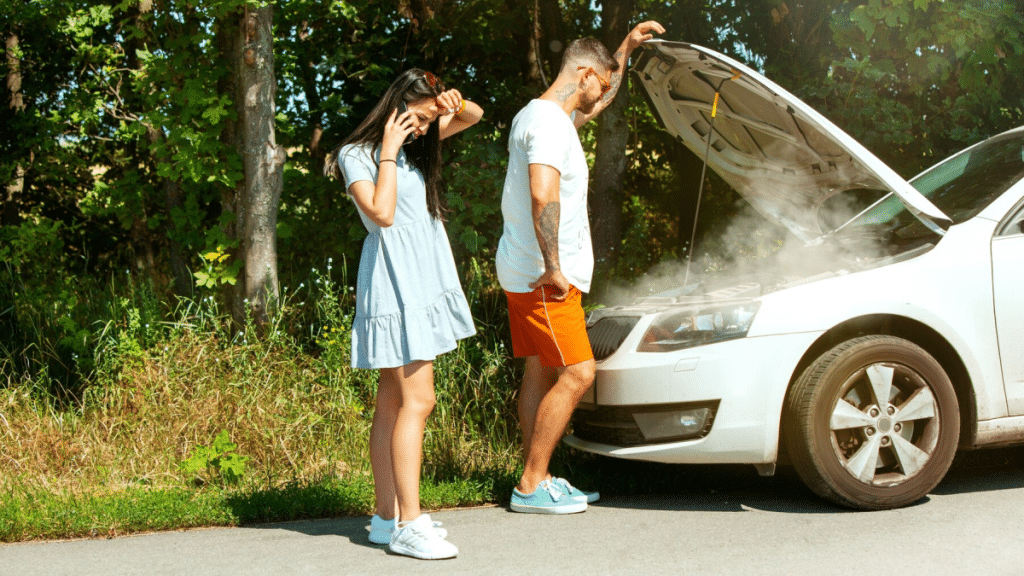Nobody wants to think about being involved in a car accident, but unfortunately, it’s a sad fact that accidents are an inevitable part of driving. The road safety charity, Brake reports that, on average, every 16 minutes, someone is seriously injured or killed on UK roads, a figure that has altered very little in the past decade.
If you find yourself involved in an accident on the road, shock can make it difficult to know how to respond, but learning what you need to do in advance can make it easier to remember what to do if it happens to you. Here’s what you need to know about being involved in a car accident.
What to Do Immediately After an Accident
If you are involved in a road traffic incident, it’s vital to remain calm, though admittedly this can be easier said than done. Do try to keep your breathing regular and remain aware of your surroundings.
Turn off your car’s engine as soon as possible, put on your hazard lights if you can, and check both yourself and any passengers for signs of injury. If you’re involved in a serious collision, hit an animal with your car, or have an accident where anyone involved is injured, you should dial 999 and ask for the police.
If you can leave your vehicle safely, do so, remembering to exit by the left-hand side if you’re on the hard shoulder of the motorway.
What Should I Record at the Accident Scene?
It’s a legal requirement for drivers to exchange details at the scene of an accident. This includes your full names and addresses and the name of your car insurance provider.
You should also collect and record as much information as you safely can, including:
- The time, date and location of the crash
- The make, model, colour and registration details of all the vehicles involved.
- Evidence of driving conditions, e.g. the weather
- Photographs or details of damage to any of the vehicles
- Details of any injuries to drivers, passengers, or pedestrians
- Contact details of any witnesses
Making an Insurance Claim
Once you’ve established that no one is injured and made sure that you and your passengers are safe, you’ll need to notify your insurance company that you’ve been involved in an accident. You generally have 24 hours to do this. Your insurance company will then be able to advise you on how to proceed with your claim and what information they’ll need from you.
The payout you receive will depend on several factors including the level of cover you have in place. Most insurance policies will require you to pay an excess for each claim, and this amount can vary widely depending on the insurer and driver, so be sure to check your policy details closely.
Even if an accident isn’t deemed your fault and you have fully comprehensive cover, you still may not receive the full value of your vehicle if your insurance company declares it a write-off. This is why many people opt for GAP insurance to cover the difference between the value of your car at the time of purchase and what your insurer offers to pay following the accident.
